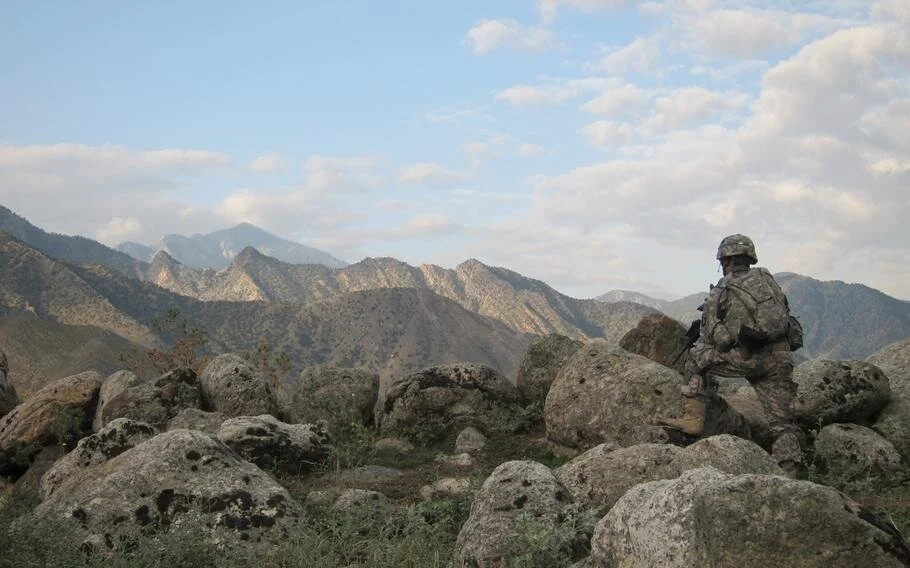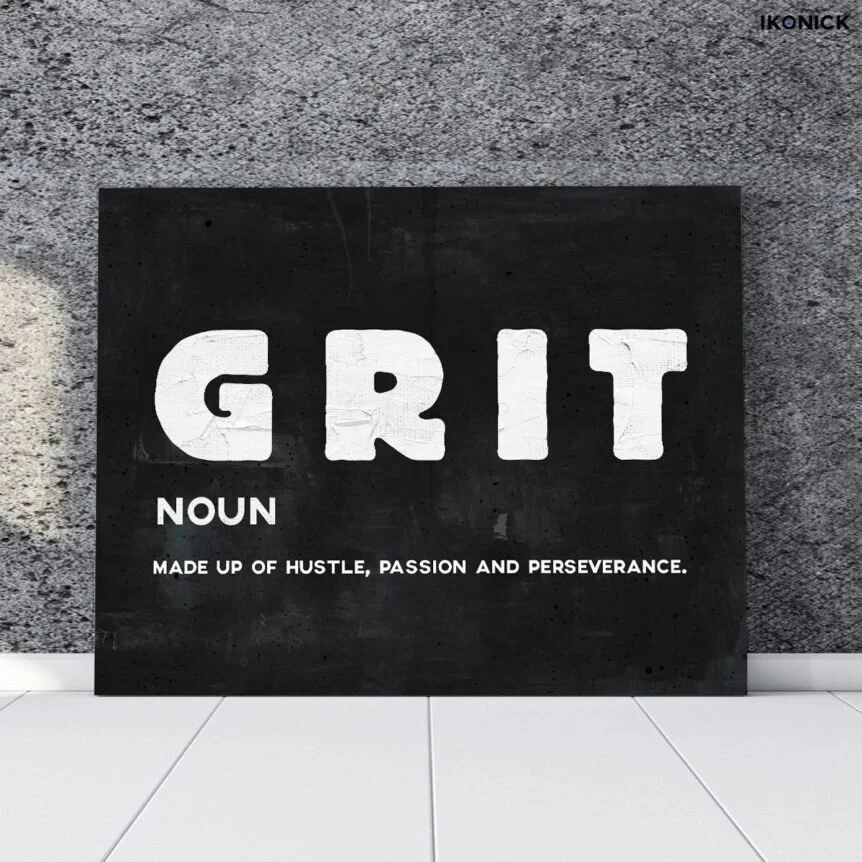Through historical research, Mikolashek captures the early experiences of the soldier and the lessons he learned during the Great War that influenced his character and leadership twenty years later during his World War II campaigning. In addition to descriptions of Patton’s early battlefield exploits, Mikolashek writes of the birth of tank warfare and the creation of the Army’s Tank Corps. From early success at the U. S. Military Academy at West Point to the transition to the newly formed Tank Corps, Patton made informed and deliberate decisions as a young officer that steered his career to the ground floor of tank warfare.
#Reviewing The Other Face of Battle
Military history and its practitioners were long derided for their obsession with battle. The bugles and banners style of operational history, the standard approach of the discipline until the mid-1970s, has cast a long shadow of exclusion and dismissal upon military historians and their purpose. That all changed when John Keegan’s The Face of Battle was released in 1976. Wayne Lee, Anthony Carlson, David Preston, and David Silbey come together in The Other Face of Battle to present the next step in Keegan’s cause while highlighting a serious flaw in his objective. This book and its four authors, all of outstanding reputation and pedigree, stand on the 40-year foundation set by the cultural turn. In a masterful homage to Keegan and with eyes to the future, Lee, Carlson, Preston, and Silbey take the iconic work and its framework into the present by asking questions that are as difficult as they are important.
#Reviewing The Kill Chain
Christian Brose’s The Kill Chain: Defending America in the Future of High-Tech Warfare is a book about death. It is a book about Senator John McCain’s legacy after pursuing defense reform as Chairman of the Senate Armed Services Committee. It is a book that makes a case for the death of the current tradition of American power projection. Correspondingly it is a book about the desired death of a defense acquisitions ecosystem that has, according to Brose, contributed to building a military ill-equipped for the 21st century.
#Reviewing The Hype Machine
Aral’s seminal book provides two fundamental arguments: first, social media promised and still promises economic, political, and social uplift for people; it can also cause perils, such as external election influence, financial manipulation, privacy issues, spreading of fake news, and so forth. The author also argues that left unchecked, social media can bring disharmony and destruction to a country's economic, political, and social structures. Therefore, he opines that to fully utilise the potential of social media platforms and avoid their drawbacks, there needs to be a rigorous scientific understanding of social media and knowledge of its nuances to eradicate the unscientific hysteria around social media.
#Reviewing The Forgotten Front
The English-language publication of The Forgotten Front suggests that military history is not only alive and well but also integral to historians’ understanding of the first world war. Moreover, it showcases the breadth and depth of military history in its coverage of topics such as military strategy, national identity, and collective memory.
#Reviewing From Hope to Horror
Rwanda in the early 1990s was going through a transition to democracy that obligated its society to resolve decades old disputes between two native ethnic groups, the Hutu and the Tutsi. A U.S. diplomatic team assisted in negotiations that resulted in the Arusha Accords, outlining a provisional government for the transition that included a power sharing agreement. Without a way to enforce the accords, the U.S. diplomatic team struggled to resolve embittered ethic differences so that a viable peace could be maintained, and the growing instability deteriorated into the genocide of 1994. From Hope to Horror is the detailing of the events that led to the atrocities of the Rwandan genocide written by Joyce Leader, deputy chief of mission at the U.S. embassy in Rwanda from 1991-1994.
#Reviewing The 2021 Global Risks Report
The report is timely and covers a broad range of risks that pose a threat to international security and stability. This article reviews the relevance of the Global Risks Report to corporate and public sectors delving into the risks identified in the report, the methodology used to collect the data, and demographic profiling.
#Reviewing Some are Always Hungry
Military officers may not be inclined to reach for a book of poetry to bolster their understanding of warfare, but important lessons can be drawn from seemingly unusual sources. And while the Chief of Staff of the Air Force Professional Reading Program has been expanded to include cinema, photography, and even TED Talks, poetry in book or singular form appears to have never made the decades-old list. Similarly, poetry does not seem to be included on sister service recommended reading lists. Despite this, there is a place for poetry somewhere in the military leader’s piles of literature, history, and leadership books, one that puts a little heart into the science of war.
#Reviewing Scharnhorst: The Formative Years, 1755-1801
Scharnhorst: The Formative Years, the long-awaited prequel to The Enlightened Soldier, is a detailed account of the developmental period of Scharnhorst’s Bildung, when he matured into the enlightened soldier. Unlike most writing about Scharnhorst, in Scharnhorst: The Formative Years, Charles White focuses exclusively on the less well known period of his life while he was still serving in Hanover. In doing so, White explores how the seeds of military Bildung initially take root and begin to blossom in Scharnhorst’s life.
#Reviewing Military Agility
Military history attests to nations’ struggle to transition from a peacetime footing to a wartime posture, but this work draws solely from Israel’s modern experiences. While Finkel explores an overlooked concept, focusing analysis through the lens of Israel’s experiences since 1948 imposes methodological limits upon the work.
Oxytocin Beats Testosterone? #Reviewing Why We Fight
This book gives the reader much to consider and is particularly useful due to its unique approach that complements works in other fields like political science. There are no easy answers to why we fight. Regardless of some of oxytocin’s evolutionary victories over testosterone, this book provides much to ponder and understand regarding the inherent job security of being in the business of war.
#Reviewing Unforgotten in the Gulf of Tonkin
Unforgotten in the Gulf of Tonkin is an outstanding contribution that recounts and analyzes the growth and development of combat search and rescue. In telling that story, Bjorkman weaves in a rich and critically important discussion of larger ethical and moral issues associated with war. Her commendable work deserves a spot in the libraries of all military aviators and students of the profession of arms.
#Reviewing The Hardest Place
The Hardest Place is an incredibly well-written piece of non-fiction that blends aspects of both an action novel and a history lesson. Morgan puts a human face on both sides of the conflict in all its facets by continuously highlighting the individual stories of the women and men who served there. Military students of history, along with anyone interested in America’s longest war, would benefit from reading this excellent book. The military profession has a duty to learn from the conflict, and this book is an essential introduction to a small piece that represents much of the trouble with the broader whole.
#Reviewing The Compleat Victory
The Compleat Victory is a reminder that the hard-learned lessons of today’s conflicts are eerily like the lessons taught more than two centuries ago. Informal relationships outside of the chain of command still matter. The great captains of history have genius in planning as well as in execution, meaning high levels of grip as Weddle defines it. Finally, leaders and staffs must continually examine and evaluate their assumptions on the character or nature of the fight they are in.
#Reviewing Twenty Years of Service
For a chewy policy book about a usually anodyne subject, pension reform, Archuleta’s Twenty Years of Service was an electrifying read. Published in 2020, two years after the Department of Defense implemented the first substantive change in its military retirement pension policy in seventy years, Twenty Years of Service asks, and deftly answers, two questions. First, why did the military’s pension system remain unchanged for so long when almost everything else about the military’s personnel policy had changed since World War II? Second, Archuleta asks why and how a change to the military pension system finally occurred as it did when President Obama signed the 2016 National Defense Authorization Act into law in November 2015.
#Reviewing Asymmetric Killing
Neil C. Renic’s Asymmetric Killing is a thoughtful, if imperfect, assessment of the morality of riskless war. Within the skeptical academic discourse surrounding unmanned aerial vehicles (UAVs), authors either deflate the virtue of the men/women who employ such weapons, inflate the influence of technology on the operator or decision-maker, or conflate asymmetry and moral wrongness. Renic grapples, to some degree, with each of these aspects of the topic using a systematic, historical, and balanced method.
#Reviewing How to Prevent Coups d’État
Erica De Bruin’s How to Prevent Coups d’état: Counterbalancing and Regime Survival was a long-awaited release for a couple of reasons. First, the initial article this book is based on has been cited nearly 100 times in less than three years. Introducing a way to quantify a notoriously difficult to quantify concept changed the discussion in national security and civilian-military relations, and not just among coup scholars. Second, De Bruin is thorough in examining consequences throughout her work.
#Reviewing Exercise of Power
Former Secretary of Defense Robert Gates’ latest book is a unique work. Exercise of Power is not a conventional Washington memoir, nor is it a foreign policy textbook. Instead, Gates examines how America can apply its power around the world, and studies the ways it has applied, or failed to apply, the range of its power to foreign policy. The result is a hybrid; part history, part foreign policy text, that makes maximum use of Gates' unique life story.
#Reviewing Homegrown ISIS in America
In the book Homegrown: ISIS in America, the authors provide a highly detailed account of ISIS activities in the United States. The book explores an area which has been underexamined in the terrorism/counterterrorism, security, and intelligence literature. Culminating over four years of collected research, the authors use the following sources for data collection: The Program on Extremism at George Washington University, court documents, trial attendance, interviews, and approximately forty Freedom of Information Act requests.
#Reviewing The Grit Factor
Throughout her book, Huffman Polson argues that grit is a skill that can and should be developed as an integral component of successful leadership. She finds this to be particularly evident in the experiences of women who have served in the U.S. military, which she classifies as the most male-dominated organization in the world. The participants and storytellers hail from a variety of occupational specialties, service branches, and military backgrounds. Their stories encompass the breadth of a military career, beginning with the author’s childhood determination to join military service to stories from general officers and covering operational, administrative, and personal experiences in which grit and leadership were integral.





















